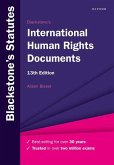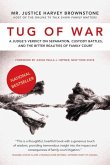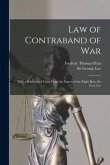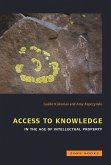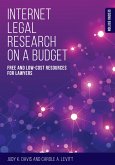To the public, the Israeli-Palestinian conflict is an endless, variable-intensity war, where attacks and reprisals ricochet in a desensitizing "cycle of violence." The opposing leaders exchange timeworn denunciations. Foreign affairs experts warn, "There's no military solution." Academics proclaim the path to peace is "well known" - even though the most widely recognized paths have led nowhere. Rarely do the public-facing figures reveal what the fighting is about. At root in the Israeli-Palestinian rivalry is a tangle of legal claims. To understand the origins of the conflict, what the parties want, and how their goals might be reconciled, one must learn the relevant contentions of international law. The media is a poor starting point. News reports disperse legal terms like "Green Line," "occupation," and "right of return" without explanation. Often the journalists spin the words to favor one protagonist or the other. The Israeli-Palestinian Legal War is a primer for those seeking a complete and accurate description of the legal interplay behind the gunfire. In these pages, anyone from a college student to a seasoned litigator can learn the basic official positions of both parties as articulated by their leading legal champions. A background section traces the legal history of the quarrel from ancient times to 2020. Each major issue in the debate is represented by a "pro-Palestinian argument" and a "pro-Israeli argument." In effect, the reader can assume the role of a juror and hear each team of advocates advance its position. Non-legal equities are introduced, just as in a courtroom, to provide political, military, and religious context for the legal claims. Then the reader can determine which side makes the best case.
Hinweis: Dieser Artikel kann nur an eine deutsche Lieferadresse ausgeliefert werden.
Hinweis: Dieser Artikel kann nur an eine deutsche Lieferadresse ausgeliefert werden.



